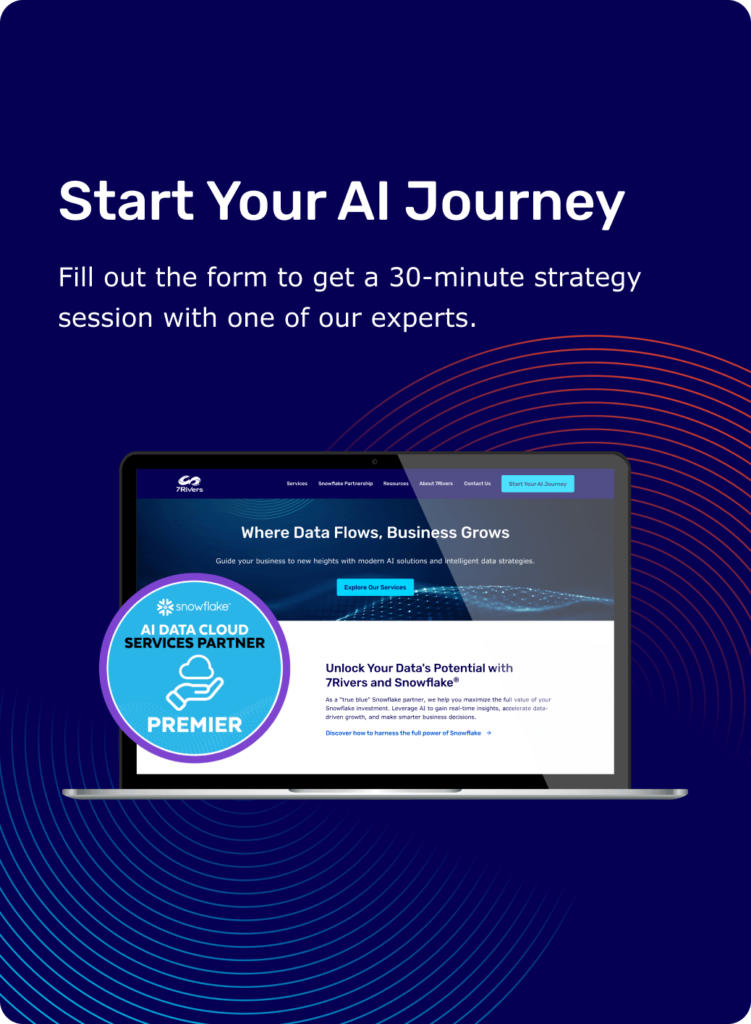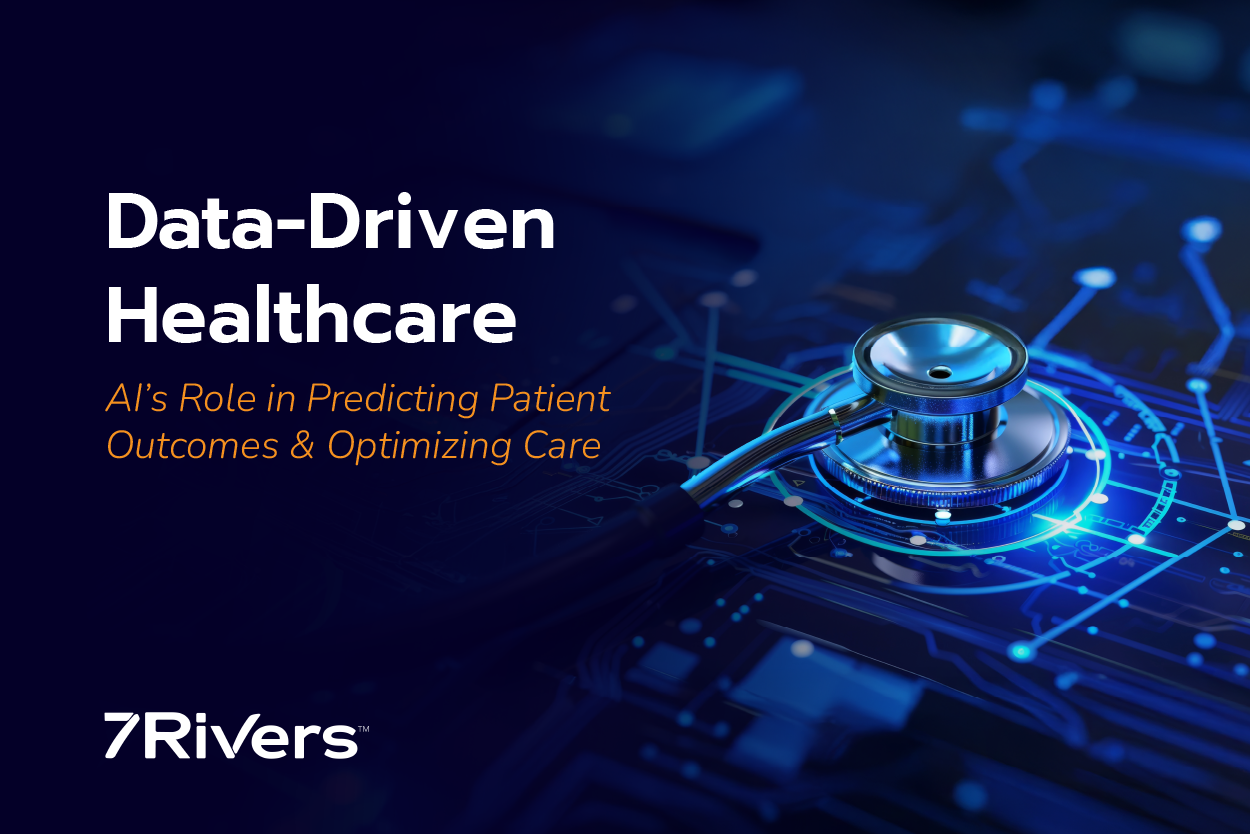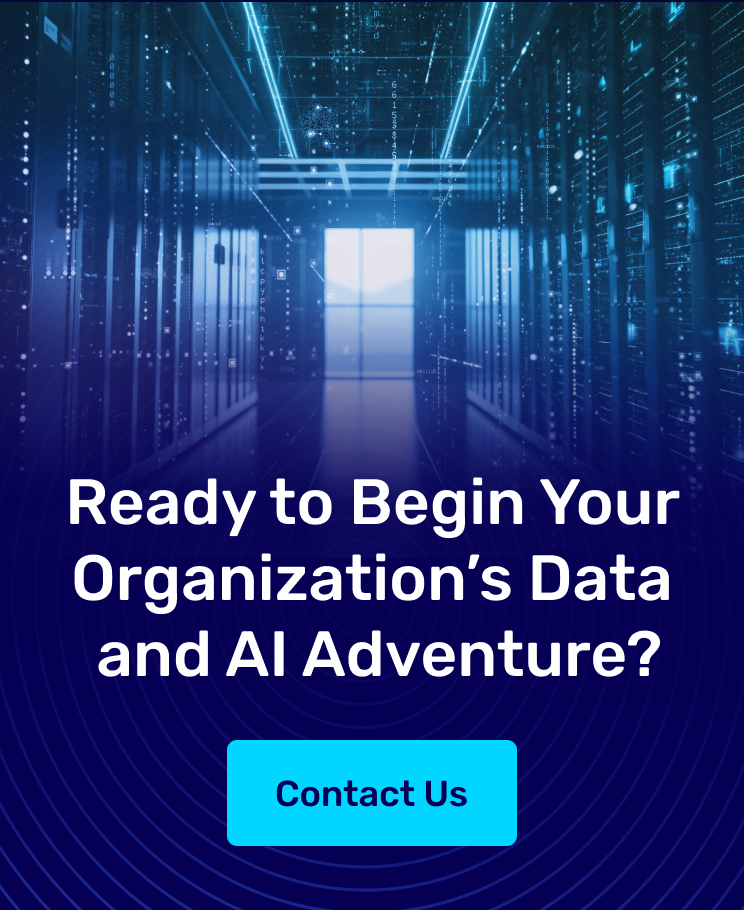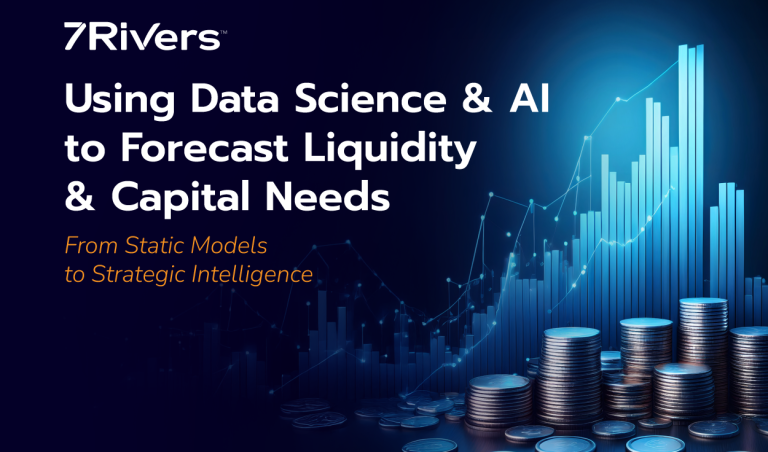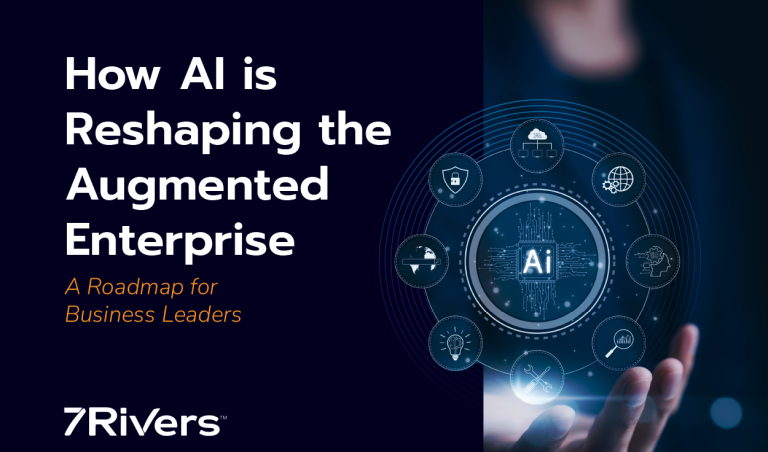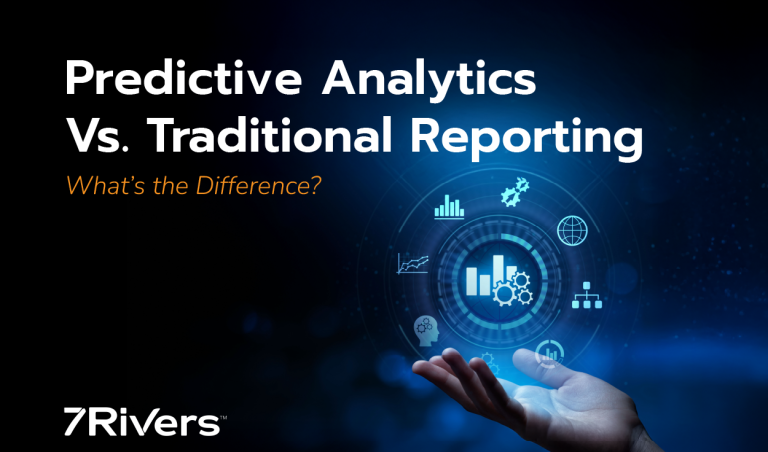The financial world runs on data. Every transaction, market trend, and customer interaction generates valuable insights. Yet, many financial institutions are still relying on outdated systems that can’t keep pace with today’s fast-moving, data-driven environment. As a result, opportunities for growth, risk management, and personalized customer experiences are being missed.
To thrive in this landscape, financial institutions must modernize their data infrastructure and embrace new technologies that provide actionable insights in real time. Let’s explore why this shift is essential and how organizations can make it happen.
Why Financial Institutions Need Data Modernization
According to an analysis conducted by IBM, The financial services sector generates a staggering 2.5 quintillion bytes of data daily. However, turning this growing data volume into meaningful insights remains a significant challenge. Why? Legacy systems were never designed to manage the data demands of today’s digital world.
Here are three key challenges financial institutions face with their data:
- Data Volume: The rapid increase in financial transactions has led to a surge in data volumes that legacy systems struggle to handle.
- Compliance Pressure: Regulatory requirements are becoming more stringent, adding layers of complexity to data management.
- Real-Time Decisions: Market conditions shift in seconds. To stay competitive, institutions need instant access to reliable data for fast decision-making.
These challenges are driving financial organizations to adopt modern, scalable data platforms that can keep up with their evolving needs.
3 Key Benefits of Modernizing Financial Data Infrastructure
Financial institutions that embrace data modernization gain a competitive edge through better performance, improved security, operational efficiencies and ability to uncover high-value actionable insights. Here’s how:
1. Improved Scalability
Financial data is constantly growing. Modern cloud-based platforms allow organizations to scale their storage and computing resources as needed, ensuring they can handle data spikes without compromising performance. A survey by Atlassian revealed that 42% of IT professionals prioritize improving network performance as a key reason for migrating to cloud solutions, emphasizing the need for scalability to manage increasing data volumes effectively.
2. Enhanced Decision-Making with Real-Time Insights
Speed is everything in the financial world. Whether it’s market changes, fraud detection or customer risk assessment, institutions need quick access to accurate data. By modernizing their systems, financial institutions can analyze complex data sets in minutes instead of hours, leading to smarter decisions and faster responses to these changes.
According to a GigaOm benchmark report, companies using modern data platforms achieve twice the speed of traditional data warehouses when running financial models and queries.
3. Streamlined Compliance and Security
Compliance is non-negotiable in finance. Modern data solutions offer built-in security features like encryption, access controls, and automated reporting, making it easier to meet regulatory requirements. According to McKinsey & Company, institutions that modernize their data infrastructure can achieve significant cost reductions, with efficiency improvements of 30% to 40% and labor savings reaching up to 90%. These savings enable financial firms to allocate more resources toward innovation and business growth.
The Data-Native™ Model: A Blueprint for Financial Industry Modernization
Migrating to a modern data platform is more than just a tech upgrade; it’s about transforming how financial institutions operate. The Data-Native™ model offers a structured approach to achieve this transformation by focusing on three core layers:
Foundation: Building a Strong Data Infrastructure
Start with a robust foundation that includes data strategy, governance, and cloud-based storage solutions. By replacing legacy systems with scalable, secure data platforms, financial institutions can ensure that their data is ready for advanced analytics and AI initiatives.
Insights: Turning Data into Actionable Intelligence
Modern platforms enable financial organizations to gain valuable insights through advanced analytics, process mining, and real-time dashboards. This allows institutions to:
- Identify emerging risks.
- Detect fraud early.
- Personalize customer interactions based on behavioral data.
Actions: Driving Business Impact with Data-Driven Decisions
Once insights are derived, organizations must act on them. The Data-Native™ model emphasizes creating AI-infused applications and intelligent experiences that drive tangible business outcomes, such as improving customer retention and optimizing operational efficiency.
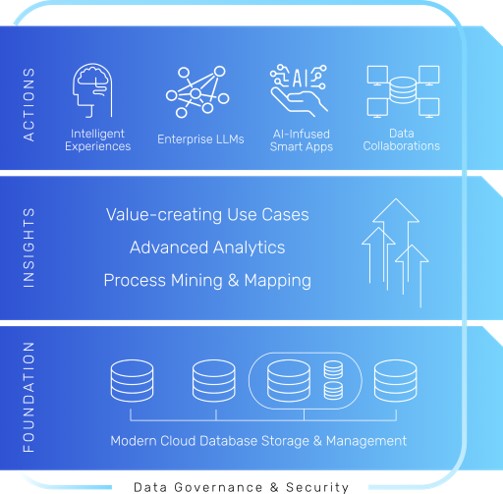
What This Means for Financial Institutions
By modernizing their data infrastructure, financial institutions can:
- Handle Growing Data Volumes: Scale seamlessly to manage massive data sets.
- Enhance Risk Management: Access faster, more accurate insights to identify and mitigate risks.
- Improve Compliance: Streamline regulatory reporting processes with automated tools.
- Stay Competitive: Adapt to market changes with agility and precision.
The financial services industry is at a pivotal moment. Institutions that fail to modernize risk falling behind, while those that embrace data-driven strategies unlock new opportunities for innovation and growth.
Ready to transform your infrastructure and begin a path towards uncovering actionable insights? 7Rivers is here to help. Our team of experts specializes in guiding financial institutions – from strategy to execution, we ensure your data journey is smooth, secure, and successful.
Contact us today to start your transformation and unlock the true potential of your financial data.
Sources:
- IBM: https://www.ibm.com/topics/big-data
- GigaOm Report: https://gigaom.com/reports/data-analytics
- Atlassian: https://www.atlassian.com/blog/platform/6-ways-cloud-improves-speed-and-performance
- McKinsey & Company: https://www.mckinsey.com/industries/financial-services/our-insights/banking-matters/transforming-banks-it-productivity
